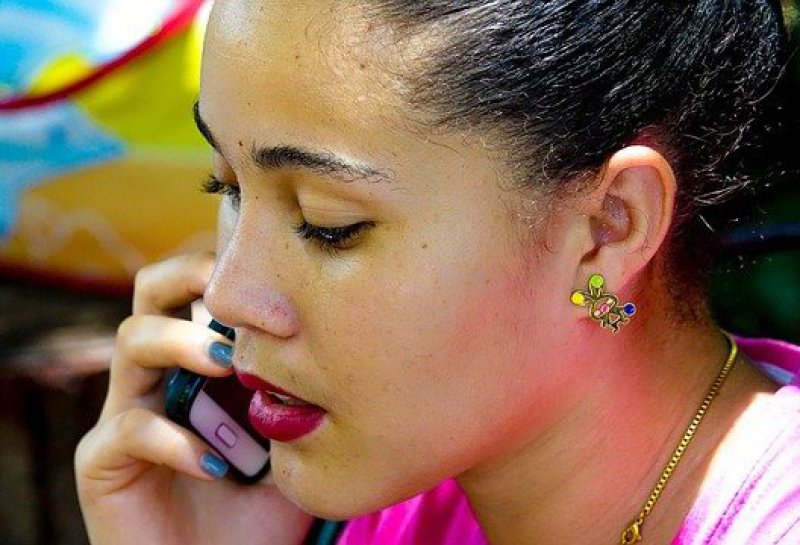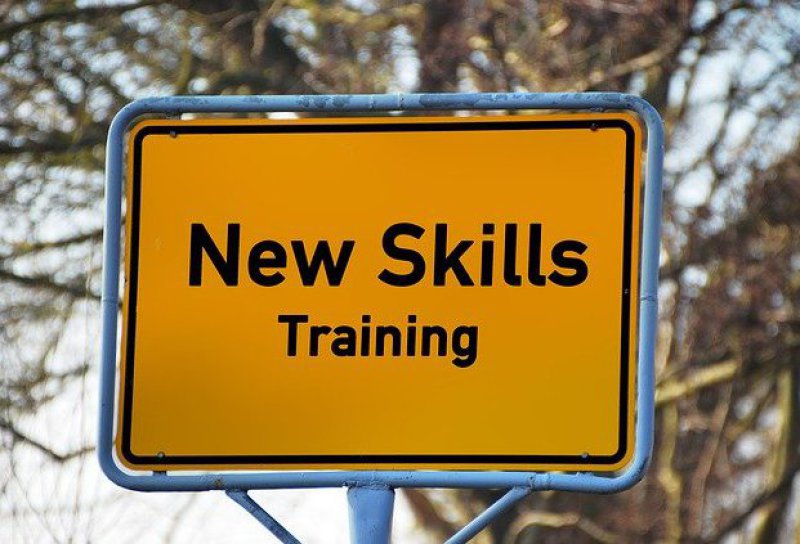

Telephonists/switchboard operators are a key point of contact for our patients in making sure they and their families can speak to relevant departments about their care.
Working environment
As a telephonist/switchboard operator, you're usually the first point of contact for anyone who phones a hospital, clinic, health centre or NHS trust. You'll operate switchboard equipment to receive calls and pass them on to the correct person or department.
People who call might be anxious or upset so as the telephonist/switchboard operator, you may have to calm them down or reassure them. Some calls are urgent so you may have to contact emergency services or deal with an emergency situation according to the agreed procedures.
Some telephonists/switchboard operators are also receptionists, dealing with patients, families and visitors to the building face-to-face, as well as phone calls.
In a large building such as a hospital or headquarters building, as a telephonist or switchboard operator, you may spend all your time dealing with phone calls. In a smaller organisation such as a clinic or health centre, you may have other duties such as :
booking patients in for appointments
filing
photocopying
inputting data
ordering stationery
booking patient transport
Your job title might reflect their other duties, for example :
receptionist/telephonist
clerk/telephonist
switchboard operator/receptionist
admin assistant
clerical officer
As well as dealing with callers, telephonists/switchboard operators have contact with healthcare staff and other admin staff.
Entry requirements, skills and interests
There are no set entry requirements to become a telephonist or switchboard operator. Employers usually expect good literacy, numeracy and IT skills. They may ask for GCSEs or equivalent qualifications.
Employers often ask for relevant work experience. Even where this is not specified, it would be an advantage if you have worked in customer service or admin.
Personal characteristics
Telephonists/switchboard operators need to :
be friendly and welcoming
be patient and understanding
follow instructions and procedures
work accurately and methodically
work in a team but use their own initiative
use IT/communications equipment
work with all types of people
deal with people who may be angry or upset
be confident using the phone
Skills required :
organisation skills
good communication skills
IT skills
excellent customer service skills
good telephone skills
Pay and conditions
Administrative staff in the NHS are paid on the agenda for change (afc) pay system. For this type of role your expected pay band would be 2. With experience and/or an AMSPAR qualification you could progress to band 3 or 4. This could include progression to supervisory and managerial posts at higher pay bands. Terms and conditions will differ for health organisation outside of the NHS. This could include general practice and pharmacies. Standard hours are generally 37.5 paid hours for a full-time contract. Flexible hours and part-time work are generally available. Depending on the employing organisation, the role could include early starts, weekends and evenings.
Pay examples (hourly rate) :
From 1st April 2020
National Living Wage Adult £8.72
21-24 £8.20
18-20 £6.45
16-17 £4.55
Apprentice £4.15
Living Wage Foundation
Uk Rate £9.50
London £10.85
Band 2 <1 year £9.21 rising to £9.89
Band 3 <1 year £10.09 rising to £10.81
Band 4 <1 Year £11.19 rising to £12.35
Training, development and career progression
Where the role can lead :
With experience, you could become a team leader, coordinating the work of a team of staff. With further experience, you could become a manager, responsible for the staff in the department.
You could move into specialist roles such as a medical secretary or personal assistant. Others may move into specialist roles such as finance or medical records. You may also have the opportunity to move into informatics, specialising in electronic data, or into IT.
AMSPAR accredited/approved qualifications
We are located at:
AMSPAR
Tavistock House South
Tavistock Square
London WC1H 9LN
Use the quick access buttons below;
Contact us today!
If you have any queries or wish to make an appointment, please contact us:
Phone: 020 7387 6005
X (Twitter): @AMSPARUK
E-mail: info@amspar.co.uk







